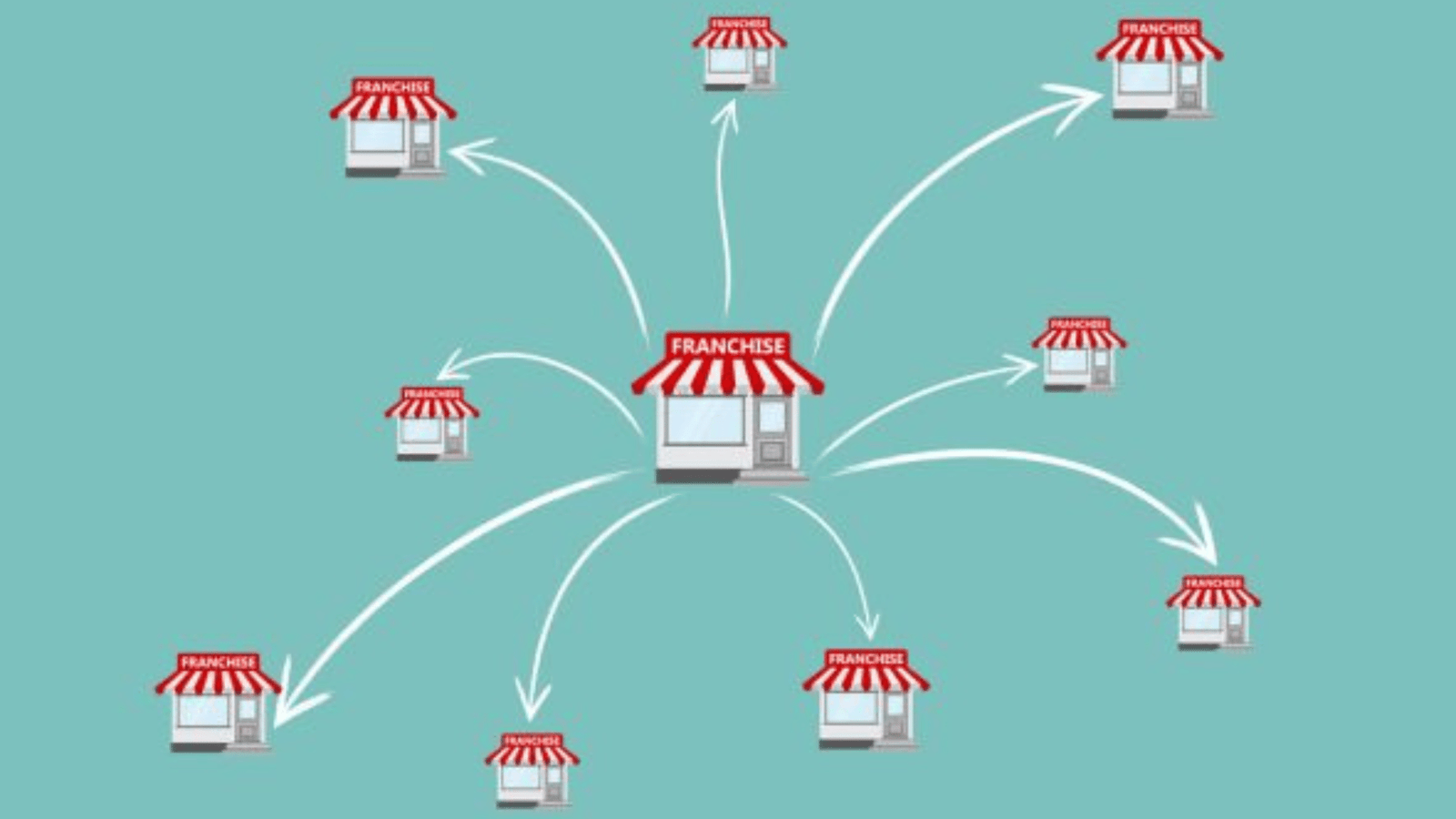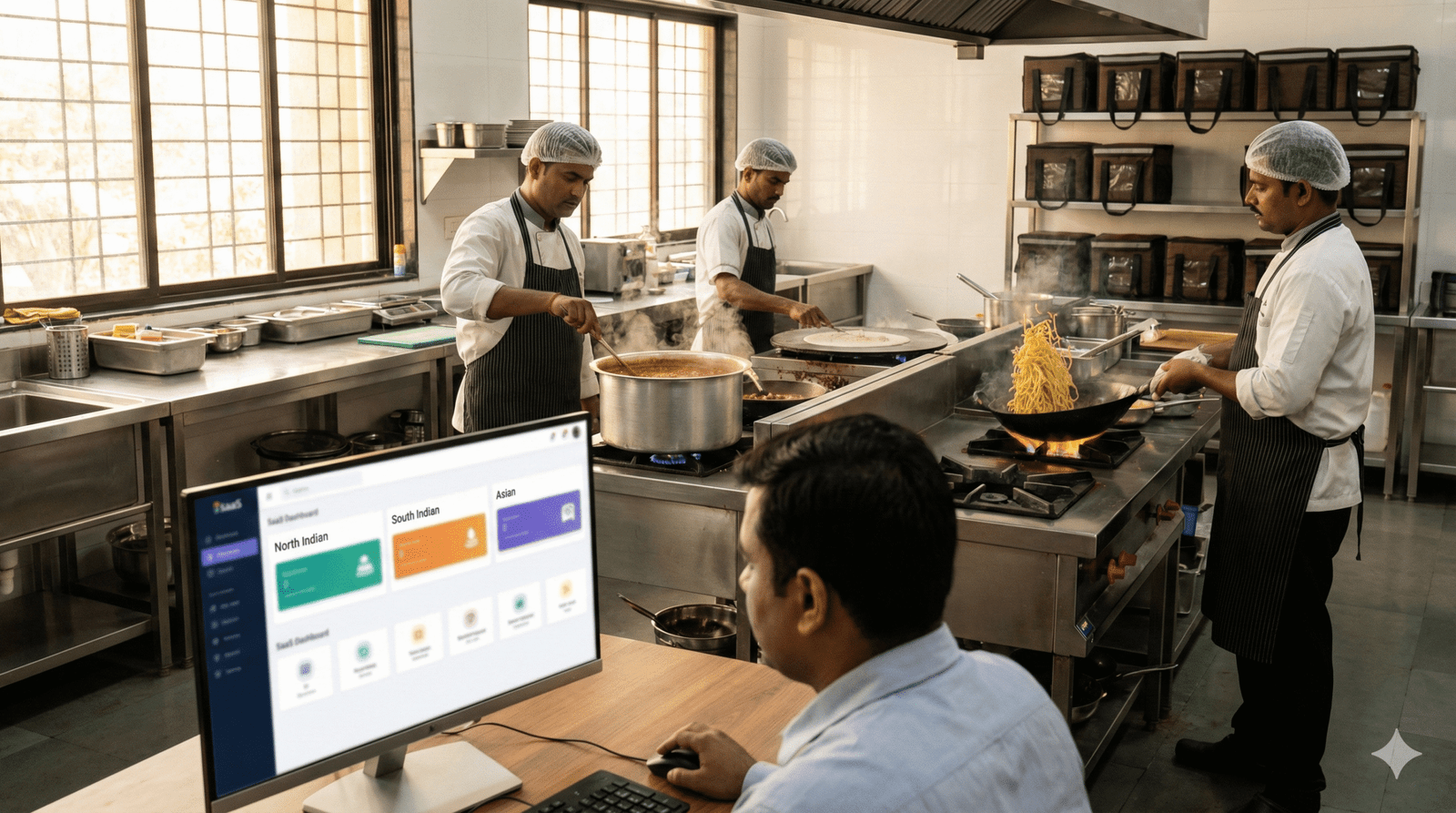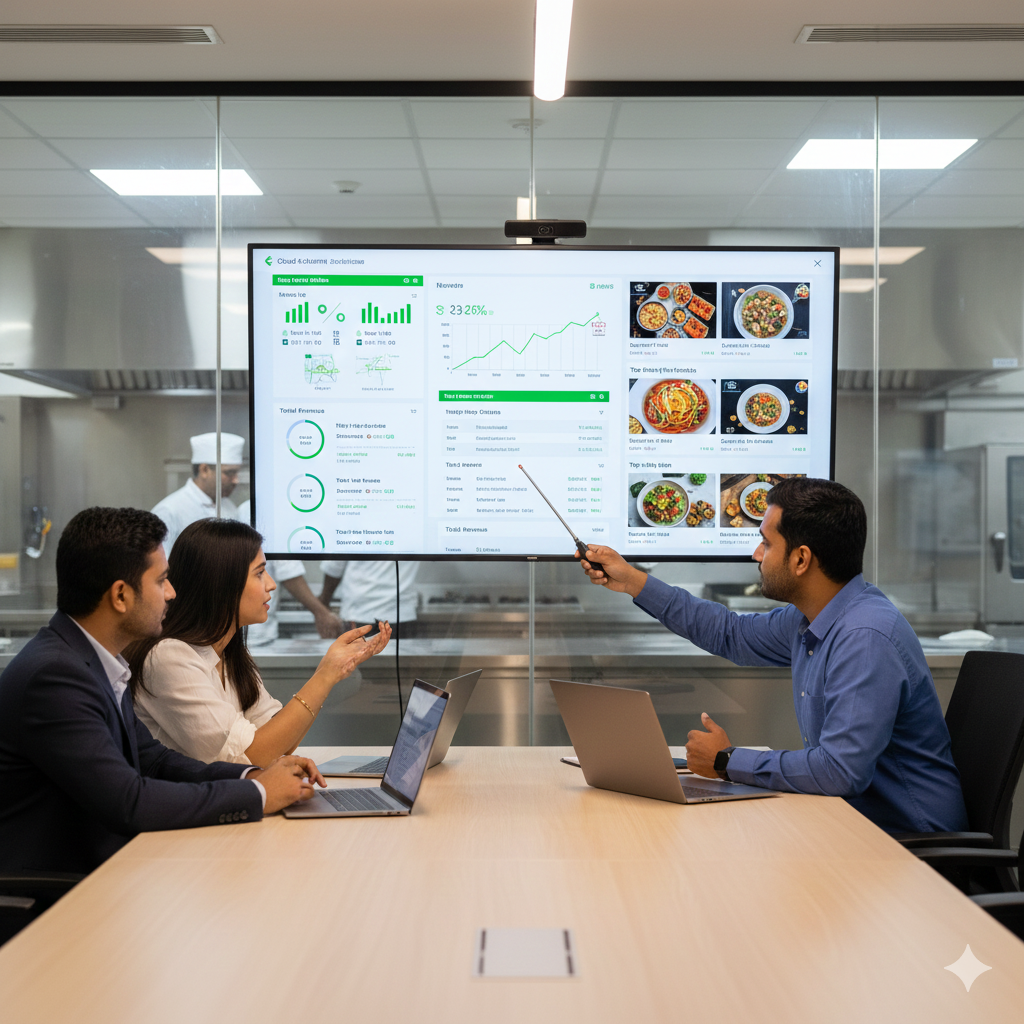Let’s face it—traditional food franchising in India is broken for modern entrepreneurs.
High CapEx, upfront fees, rigid brand rules, and royalty cuts often leave franchisees with little creative freedom and even less profit. For food creators—whether you’re a regional brand, an Instagram-famous chef, or a health-focused D2C startup—this model feels outdated.
Enter the anti-franchise model—a radical shift in how food brands are launched, grown, and scaled. It removes ownership hassles, royalty obligations, and gives you full control of your brand—without owning or renting kitchens.
In this blog, we’ll break down what the anti-franchise model is, why it’s gaining momentum in India, and how Grow Kitchen’s Cloud-Kitchen-as-a-Service (CKaaS) makes it a practical, profitable reality.

What Is the Anti-Franchise Model?
The anti-franchise model is a new-age food business strategy where entrepreneurs, influencers, or regional brands launch and grow their own delivery-first brands using third-party kitchens and operational support—without franchising or giving up brand control.
Unlike traditional franchising, where:
- You operate under someone else’s brand
- You pay royalty and setup fees
- You follow fixed SOPs and have limited creative freedom
The anti-franchise model empowers you to own and scale your brand—on your terms.
Traditional Franchise vs. Anti-Franchise: A Quick Comparison
| Feature | Traditional Franchise | Anti-Franchise Model |
|---|---|---|
| Brand Ownership | Franchisor | You |
| CapEx | High (₹15–50L) | Zero or Minimal |
| Royalty & Fees | Yes (4–10% revenue) | No |
| Brand Control | Low | Full |
| Flexibility (SKU, Pricing) | Limited | High |
| Speed of Launch | 3–6 months | 7–15 days |
The anti-franchise model has evolved alongside the rise of cloud kitchen models, KaaS (Kitchen-as-a-Service) providers, and creator-led brands, especially in the post-pandemic economy where delivery > dine-in.
Why It’s Gaining Popularity in India
1. Rise of Cloud Kitchens & Delivery-First Habits
Swiggy, Zomato, and ONDC have turned delivery into the default. Brands don’t need physical stores to thrive—they need a high-converting menu, fast ops, and presence in high-demand localities.
2. Startup Energy & Creator Economy
From food bloggers launching their own ramen brands to chefs turning viral ideas into brands—today’s founders don’t want to run someone else’s business. They want to build their own.
3. Urban Consumers Want Speed & Novelty
Millennials and Gen Z are constantly looking for new, exciting, and niche brands. A centralized franchise model simply can’t match the speed or experimentation of independent anti-franchise brands.
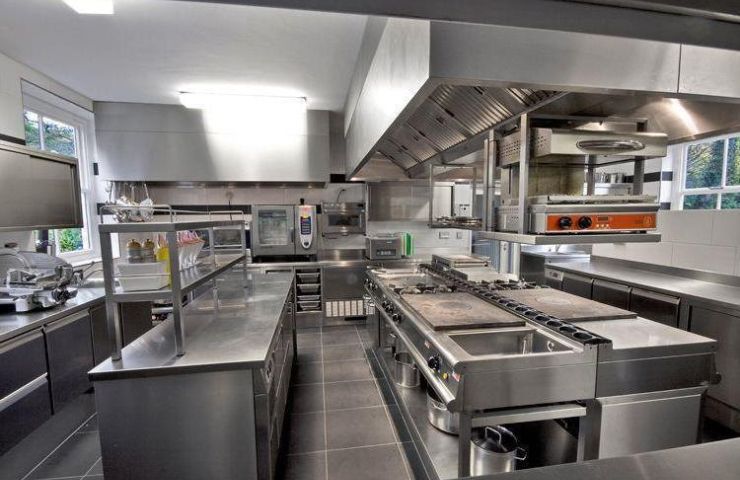
Key Benefits of the Anti-Franchise Model for Food Entrepreneurs
✅ Zero CapEx
No need to invest ₹10–50 lakhs on kitchen setup, staff, or equipment. Just plug into a ready-to-use cloud kitchen infra.
✅ You Own the Brand
Everything—from recipes and name to social media and brand voice—belongs to you. No royalty, no dilution.
✅ Launch Fast, Expand Faster
Go live in 7–15 days in multiple locations using KaaS kitchens. Scale one SKU at a time without high burn.
✅ Full Creative Control
Change your pricing. Test a new SKU. Rebrand tomorrow. The anti-franchise model lets you be as agile as your audience.
✅ Low Risk, High Learning
Since you’re not locked into a franchise system, you can pivot, relaunch, or scale with far fewer consequences.
How Grow Kitchen Enables the Anti-Franchise Model
At Grow Kitchen, we’ve built the infrastructure and systems to help foodpreneurs scale smart—not slow.
Locations in Mumbai & Pune
Strategic cloud kitchen hubs in high-demand zones. Operate under your own brand in areas that matter.
End-to-End Support
We handle kitchen ops, delivery logistics, staff, order tracking, Swiggy/Zomato integration, and more—so you can focus on brand building.
Pay-as-You-Scale Pricing
No fixed fees. No CapEx. Start with one SKU and scale as your orders grow.
Examples of Success
Brands like Hotdog Harbour, Green Salad, and Sugoi Ramen are thriving under this model—growing across cities without a single owned kitchen or franchise partner.
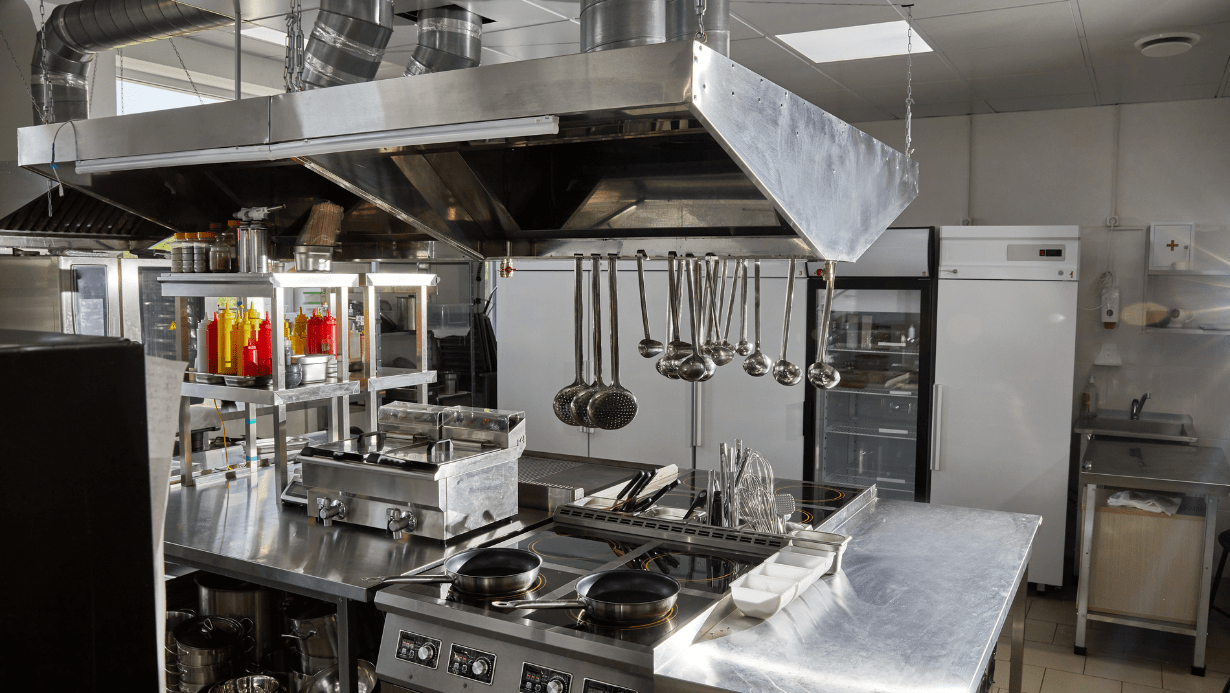
Is the Anti-Franchise Model Right for You?
This model is ideal if you are:
- A food influencer or creator with an engaged audience
- A regional brand with recipes but no delivery infra
- A D2C health/ethnic food startup looking to test new markets
- A restaurant brand looking to go multi-city without franchising
✅ Ask Yourself:
- Do I want to own the brand and keep the profits?
- Do I want to launch in <15 days with minimal capital?
- Am I ready to market, build, and experiment with my brand?
If yes, the anti-franchise model might be your best bet.
Conclusion: The Anti-Franchise Model Is the Future
As India’s food delivery economy grows, owning your brand matters more than ever. The anti-franchise model gives you the freedom, control, and agility to grow your food business your way—without CapEx, royalty headaches, or control loss.
At Grow Kitchen, we’re on a mission to democratize food brand expansion. Whether you’re launching your first delivery brand or scaling your tenth SKU, our Kitchen-as-a-Service platform helps you do it faster, leaner, and smarter.
👉 Ready to launch your food brand without franchising?
FAQs: Anti-Franchise Model for Food Business
Q1. What is the anti franchise model in the food business?
It’s a modern model where food entrepreneurs launch their own brand using shared kitchens and services without franchising or giving up brand control.
Q2. How is the anti-franchise model different from cloud kitchen franchising?
In the anti-franchise model, you own the brand and keep full profits. Cloud kitchen franchises often require royalty payments and rigid SOPs.
Q3. Is this model only for influencers or can restaurants use it too?
Any food creator—restaurants, influencers, D2C startups—can use it to scale without owning a kitchen or giving up brand rights.
Q4. Does Grow Kitchen offer support beyond kitchens?
Yes. Grow Kitchen provides operational support, aggregator onboarding, order tracking, staffing, and marketing guidance.

